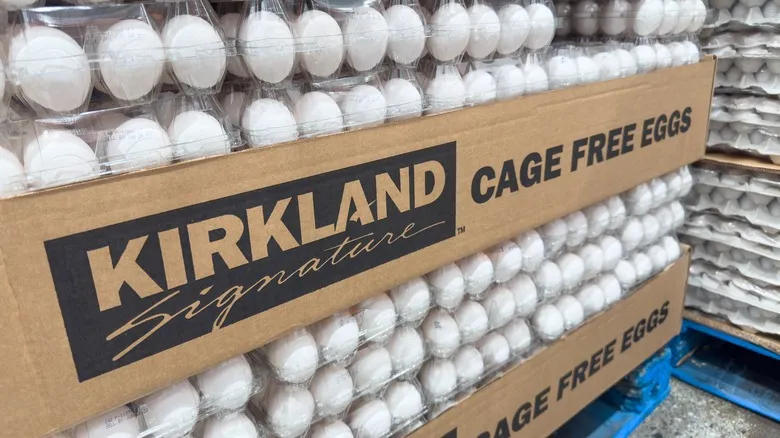Costco requires audits for its suppliers
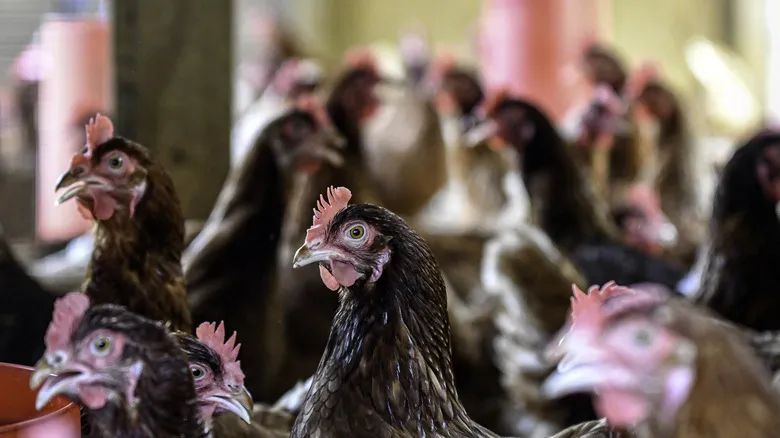
To clarify, cage-free eggs are produced by hens that are kept in indoor environments where they can move freely, whereas conventional eggs come from hens that are confined in cages. There is a widespread belief that cage-free eggs are healthier than their conventional counterparts, but both types likely offer similar health benefits. The term 'cage-free' indicates that the hens are raised under more humane farming practices. Before cage-free eggs reach consumers, Costco evaluates the welfare of its suppliers' hens across five criteria: nutrition, environment, health, behavior, and mental well-being. As of September 2022, 97% of Costco's Kirkland-brand shelled eggs sold in U.S. stores were cage-free.
To uphold its goal of becoming 100% cage-free, Costco mandates that its Kirkland Signature egg supplier undergo an audit via the Costco Hen House app. These audits are conducted biannually, with each question requiring a photo submission for added verification, and the data is automatically sent to Costco. The audits and evaluations have been instrumental in formulating a strategy to address the slight decline in cage-free egg production.
Decreases in egg production
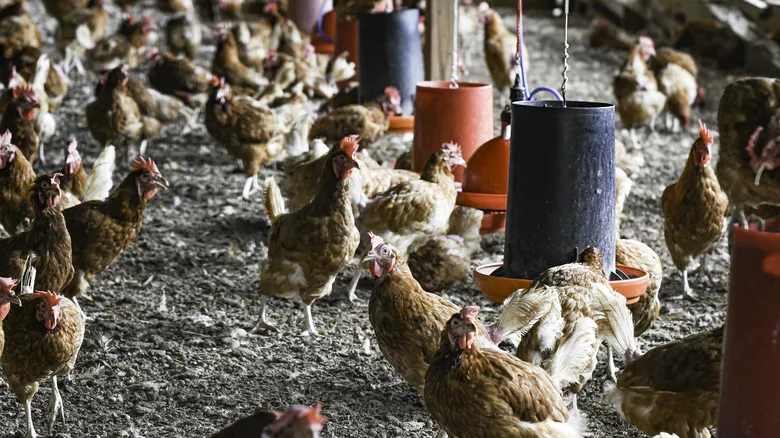
How dedicated is Costco to achieving its objectives? Even their liquid eggs are sourced from cage-free hens. However, during the 2023 fiscal year, some hens in the U.S. and Canada were affected by the High Pathogenic Avian Influenza virus (bird flu) in the winter and spring months. This led to a reduction of just over 5% in cage-free egg production in the United States, while Canada saw a decline of less than 1%. To address the potential shortage of Kirkland Signature Eggs, Costco had to partially rely on conventional eggs to meet consumer demand.
It's no surprise that cage-free eggs are typically more expensive than conventional ones in any grocery store. However, you may find the price difference justifiable when considering the additional effort involved in getting them to the shelves of your local Costco. Of course, the chain's true gems are hidden in its food court, featuring exclusive items and ordering tips that remain under wraps.
Recommended
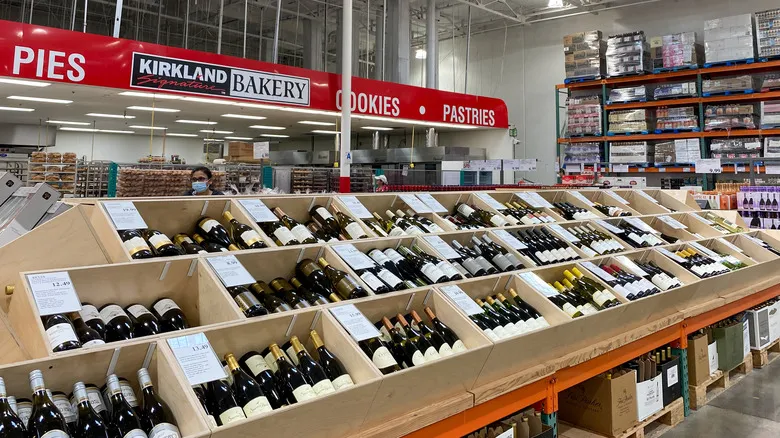
What To Know Before You Try Returning Alcohol To Costco

The Costco Food Court Hack For Delicious Ice Cream Floats
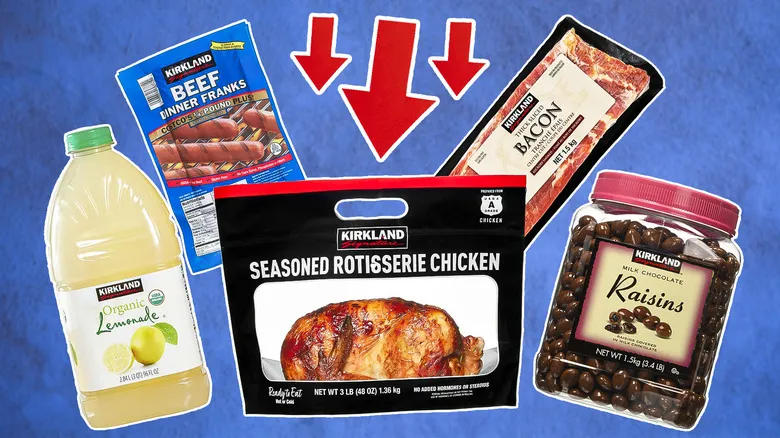
12 Kirkland Products With The Lowest Quality Ingredients
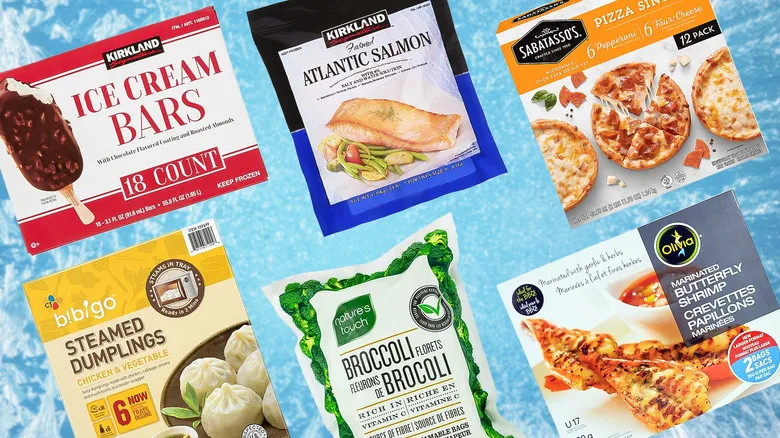
6 Frozen Costco Foods To Buy And 7 To Skip
Next up

